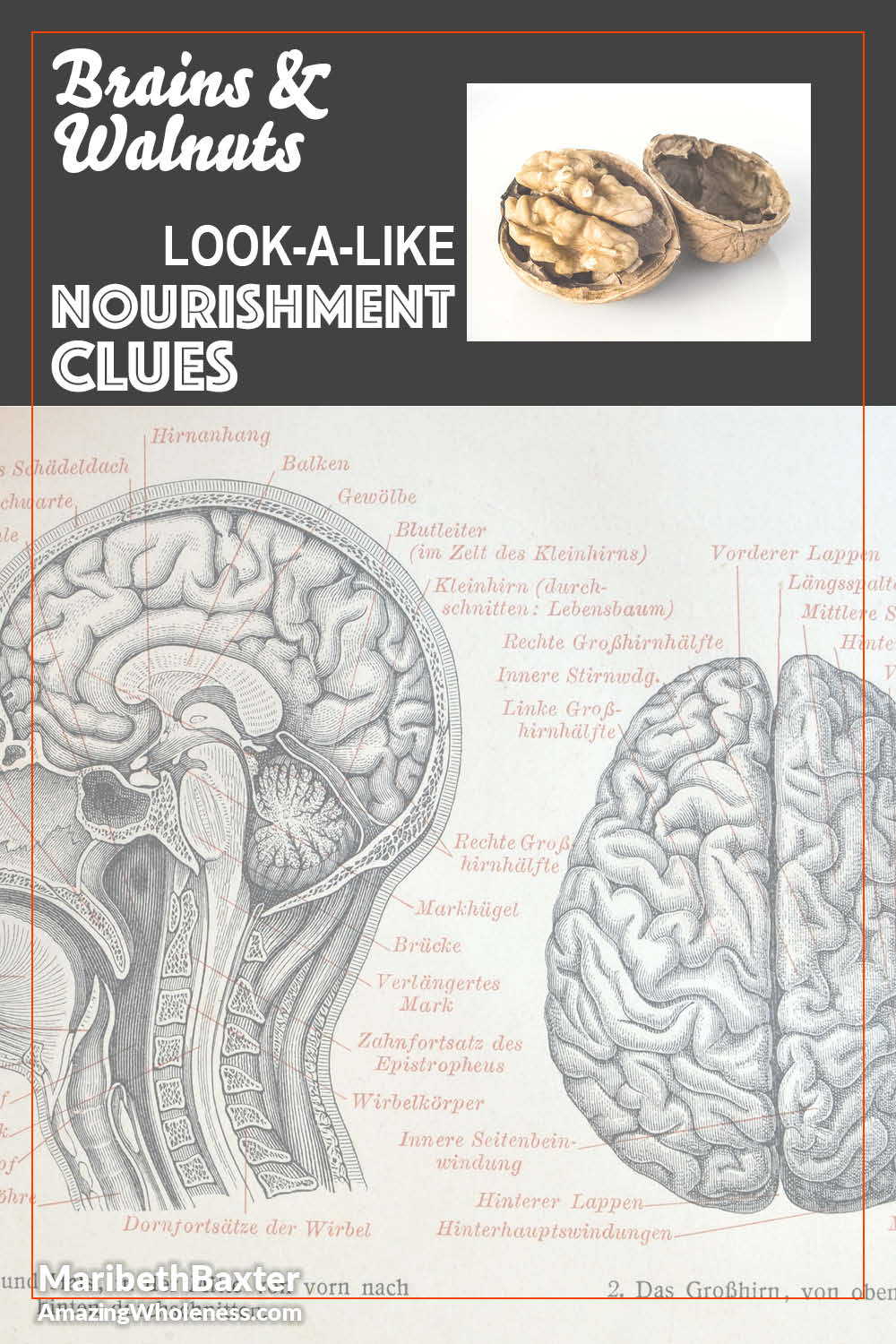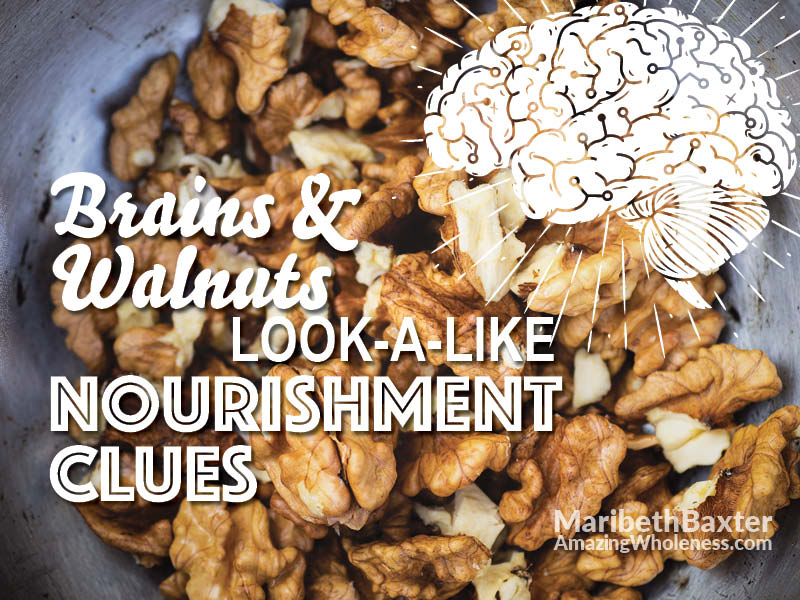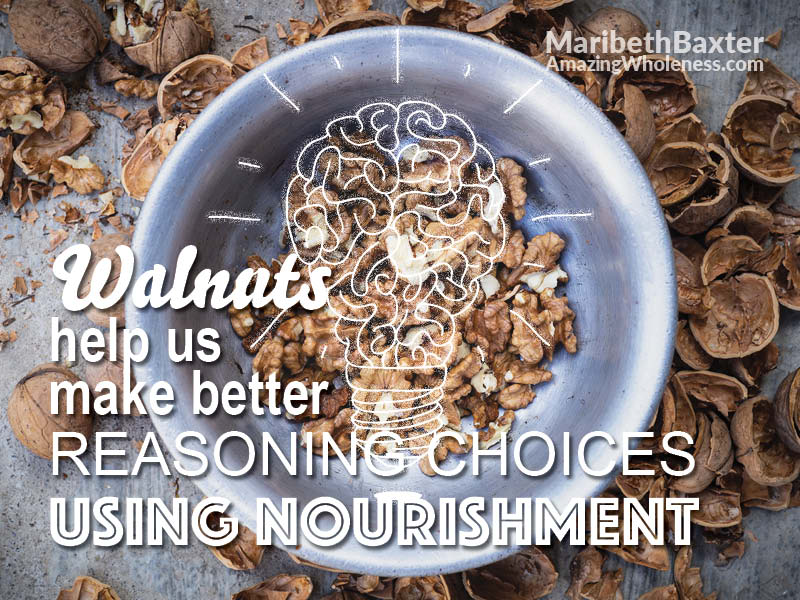
The Wallnutmaster’s Guide to Natural Brain Enhancement: Unlock Your Cognitive Potential
The human brain, a three-pound universe of intricate pathways and electrifying synapses, holds the key to our experiences, memories, and potential. While technological advancements offer glimpses into its complexity, the pursuit of natural brain enhancement remains a timeless quest. This guide, penned by the Wallnutmaster – a pseudonym for a collective of neuroscientists and holistic health practitioners – unveils nature’s arsenal for sharpening your cognitive edge.
Part 1: Nourishing the Neurological Landscape
Your brain, a voracious consumer of energy, demands high-quality fuel. Forget the sugary crash-and-burn; we’re talking about sustained, nourishing sustenance.
| Nutrient | Benefit | Food Sources |
|---|---|---|
| Omega-3 Fatty Acids | Improves memory, reduces inflammation | Fatty fish, flaxseeds, chia seeds |
| Antioxidants | Protects against oxidative stress | Berries, dark chocolate, leafy greens |
| B Vitamins | Supports nerve function | Eggs, leafy greens, legumes |
Beyond the Plate: Hydration is paramount. Dehydration even slightly impacts cognitive function. Aim for at least eight glasses of water daily.
Part 2: Stimulating the Synaptic Symphony
The brain thrives on stimulation, a constant dance of neural connections forging new pathways and strengthening existing ones. This isn’t about frantic multitasking; it’s about focused engagement.
-
Cognitive Training: Engage in activities that challenge your brain: puzzles, learning a new language, playing a musical instrument, or mastering a new skill. Think Sudoku for your synapses, and a new language for linguistic leaps.
-
Mindfulness & Meditation: These practices cultivate focus, reduce stress (a notorious brain-fog inducer), and enhance self-awareness – all crucial for optimal cognitive function. Even short daily sessions can yield significant benefits.
-
Physical Activity: Exercise isn’t just for the body; it’s a powerful brain booster. Physical activity increases blood flow to the brain, delivering oxygen and nutrients crucial for optimal function. Find activities you enjoy – dancing, hiking, swimming – anything that gets you moving.
Part 3: The Power of Sleep & Stress Management
Sleep is the brain’s nightly reboot, consolidating memories and clearing out cellular debris. Chronic sleep deprivation significantly impairs cognitive function.
-
Prioritize Sleep: Aim for 7-9 hours of quality sleep each night. Establish a regular sleep schedule and create a relaxing bedtime routine.
-
Stress Reduction: Chronic stress releases cortisol, a hormone that can damage brain cells and impair cognitive function. Incorporate stress-reducing techniques into your daily routine: deep breathing exercises, yoga, spending time in nature.
Part 4: Beyond the Basics: Exploring Advanced Techniques
While the foundational elements are crucial, exploring advanced techniques can further enhance your cognitive capabilities.
-
Neurofeedback: This technique uses brainwave monitoring to help individuals learn to regulate their brain activity, potentially improving focus and reducing anxiety.
-
Cognitive Behavioral Therapy (CBT): CBT helps identify and modify negative thought patterns and behaviors that may be hindering cognitive performance.
Conclusion: The Wallnutmaster’s Final Word
The journey to natural brain enhancement is a personalized one. Experiment with different techniques, find what works best for you, and remember that consistency is key. By nurturing your brain with the right nutrients, stimulating its pathways, and prioritizing sleep and stress management, you can unlock your full cognitive potential and experience a sharper, more vibrant mind. Embrace the journey, and witness the remarkable transformation.

Additional Information
A Critical Analysis of “The Wallnutmaster’s Guide to Natural Brain Enhancement”
While lacking specific details about the content of “The Wallnutmaster’s Guide to Natural Brain Enhancement,” we can analyze the topic of natural brain enhancement from a scientific perspective, identifying potential strengths and weaknesses of such a guide. The effectiveness of any natural brain enhancement program hinges critically on its scientific basis and the potential pitfalls of unsubstantiated claims.
Potential Approaches and Their Scientific Validity:
The guide likely focuses on several key areas, each requiring critical evaluation:
-
Nutrition: This is a valid avenue for brain health. A diet rich in omega-3 fatty acids (found in fatty fish, flaxseeds, and walnuts – hence the potential “Wallnutmaster” reference), antioxidants (berries, dark chocolate), and B vitamins (leafy greens, eggs) is crucial for optimal brain function. Studies have shown a correlation between these nutrients and improved cognitive performance, including memory and attention. For example, research published in the American Journal of Clinical Nutrition has demonstrated the benefits of omega-3 supplementation on cognitive function in older adults. However, the guide must avoid exaggerated claims; a balanced diet alone cannot miraculously cure cognitive impairments or significantly boost IQ.
-
Exercise: Physical activity is strongly linked to brain health. Exercise increases blood flow to the brain, promoting neurogenesis (the birth of new brain cells) and improving neuroplasticity (the brain’s ability to reorganize itself). Studies consistently show that regular aerobic exercise improves cognitive function, memory, and executive function. However, the guide needs to specify the type, intensity, and duration of exercise recommended for optimal brain benefits, avoiding generic, unsubstantiated statements.
-
Sleep Hygiene: Adequate sleep is paramount for cognitive function. During sleep, the brain consolidates memories and clears out toxins. Sleep deprivation negatively impacts attention, memory, and decision-making. The guide should provide practical advice on establishing a healthy sleep schedule, creating a conducive sleep environment, and managing sleep disorders. This could involve suggesting techniques like cognitive behavioral therapy for insomnia (CBT-I), which has demonstrated efficacy in treating insomnia in numerous clinical trials.
-
Stress Management: Chronic stress negatively impacts brain health, contributing to cognitive decline and mental health issues. The guide might suggest stress-reduction techniques like mindfulness meditation, yoga, or deep breathing exercises. Research supports the efficacy of mindfulness-based interventions in reducing stress and improving cognitive function. For instance, studies have shown that mindfulness meditation can improve attention and working memory.
-
Cognitive Training: This involves engaging in activities designed to challenge and improve cognitive skills, such as puzzles, brain training apps, or learning new skills. While some studies show benefits of cognitive training on specific cognitive domains, the generalization of these effects to broader cognitive abilities remains debated. The guide must avoid overselling the benefits and acknowledge the limitations of cognitive training.
Potential Pitfalls and Misinformation:
The guide should be critically evaluated for:
- Overpromised benefits: Claims of dramatic improvements in IQ, memory, or cognitive abilities should be viewed with skepticism unless backed by robust scientific evidence.
- Lack of scientific backing: Any claims should be supported by peer-reviewed scientific studies, not anecdotal evidence or testimonials.
- Promotion of unproven supplements or treatments: The guide should avoid promoting supplements or treatments without rigorous scientific evidence of their efficacy and safety.
- Ignoring underlying medical conditions: Cognitive impairment can stem from various medical conditions. The guide should emphasize the importance of consulting a healthcare professional for diagnosis and treatment before attempting any natural brain enhancement program.
Conclusion:
A well-researched guide on natural brain enhancement can provide valuable insights into lifestyle choices that support brain health. However, it’s crucial to approach such guides with critical thinking, verifying claims with scientific evidence and seeking professional medical advice when necessary. The guide’s credibility hinges on its scientific accuracy, transparency, and avoidance of misleading or exaggerated claims. Without specific details about the “Wallnutmaster’s Guide,” a comprehensive evaluation remains impossible, but this framework provides a crucial lens through which to analyze its potential value and potential flaws.
